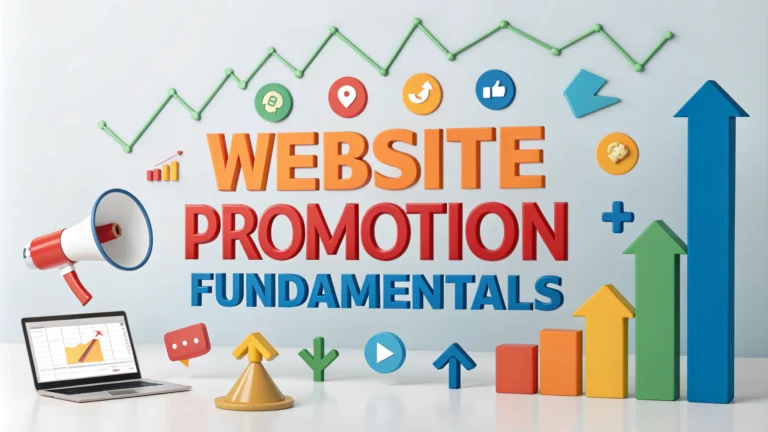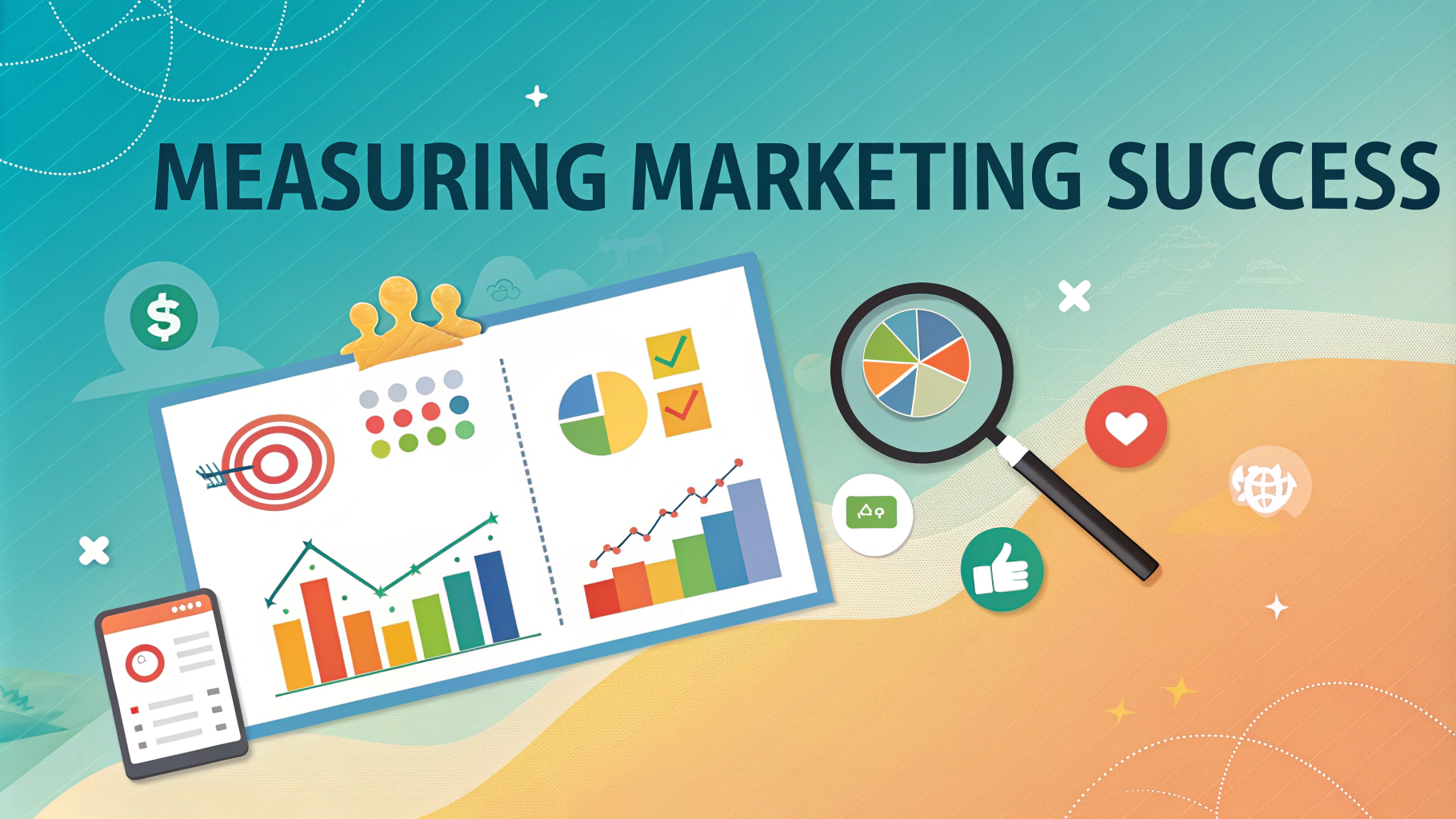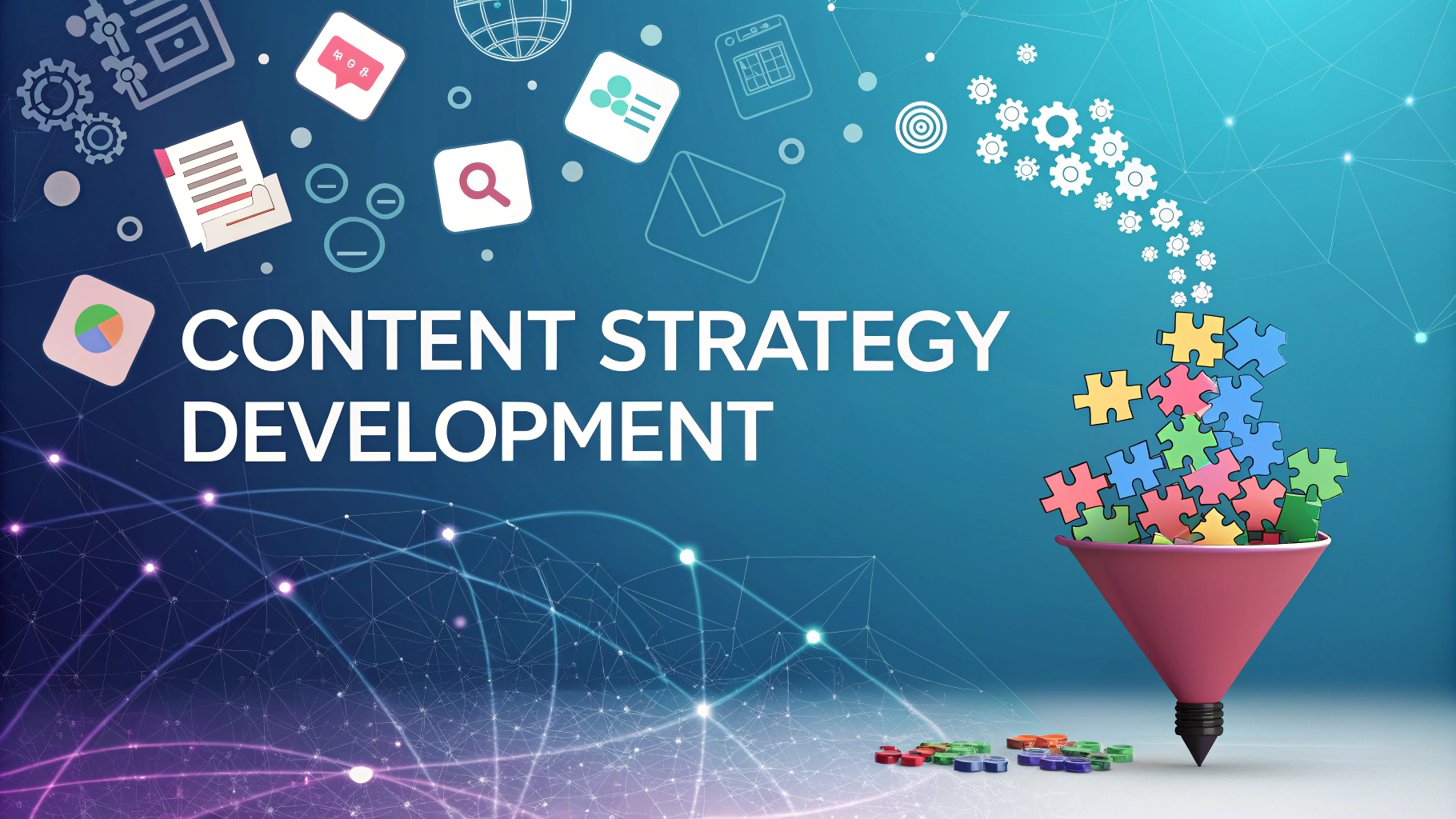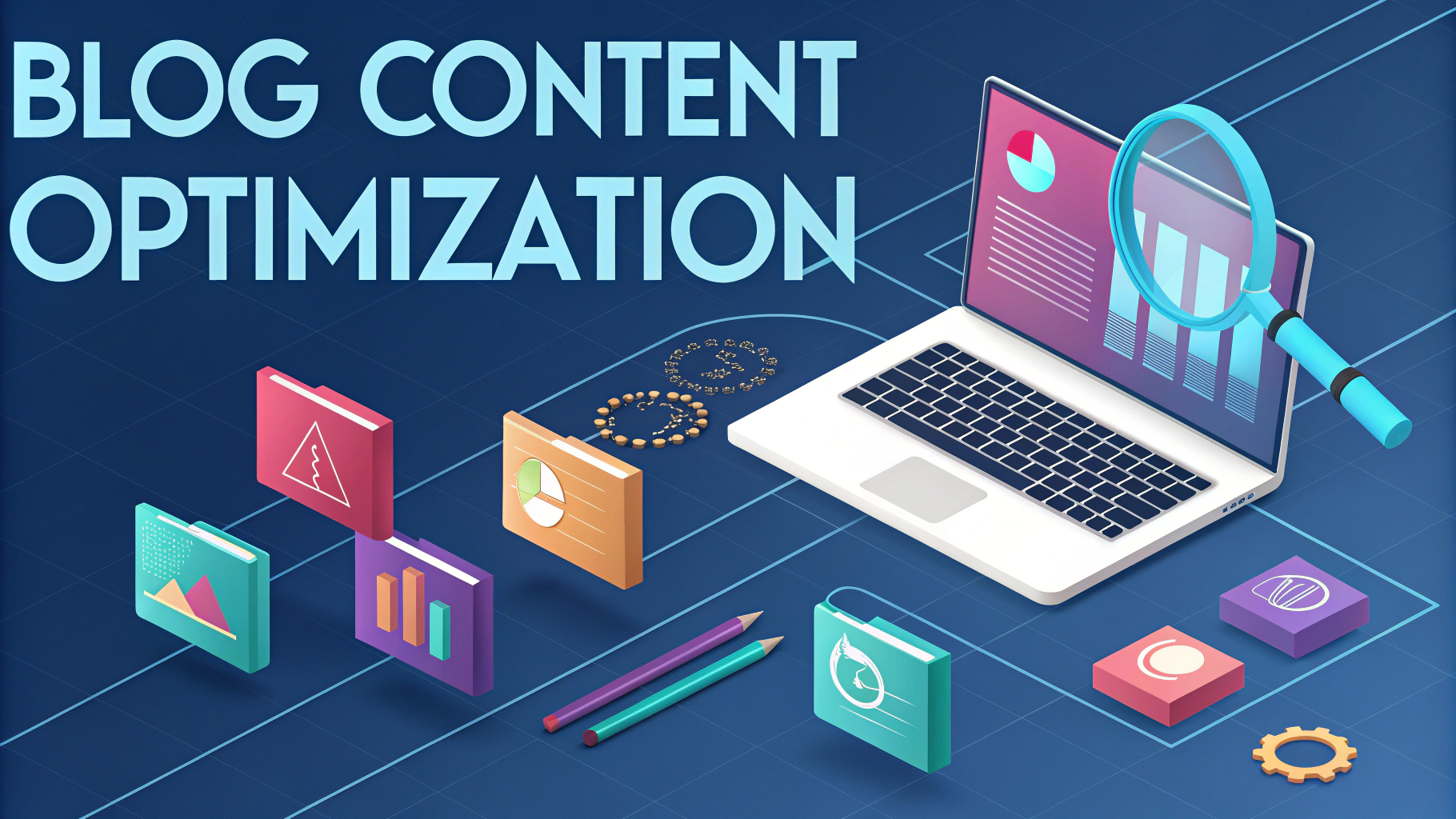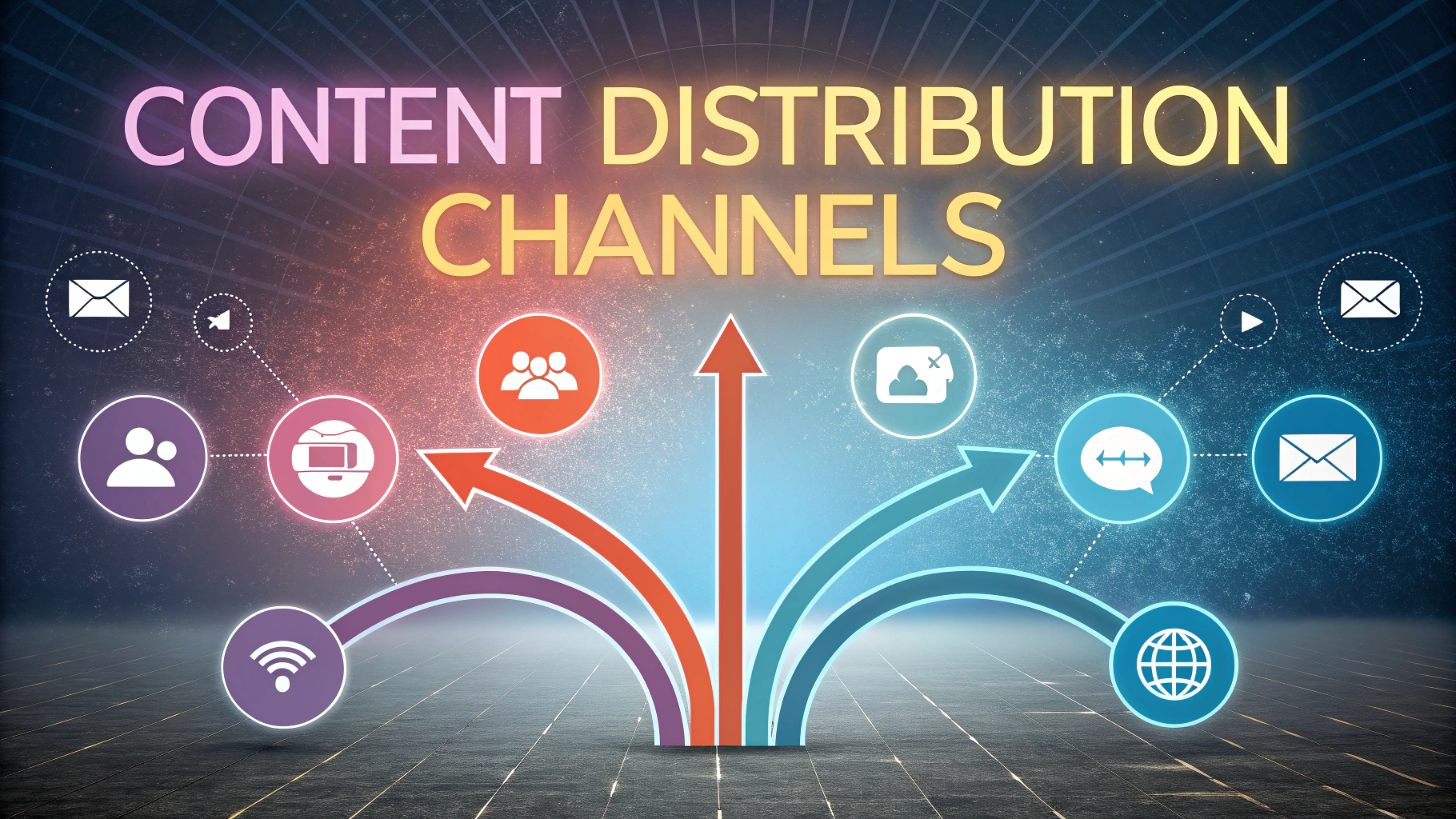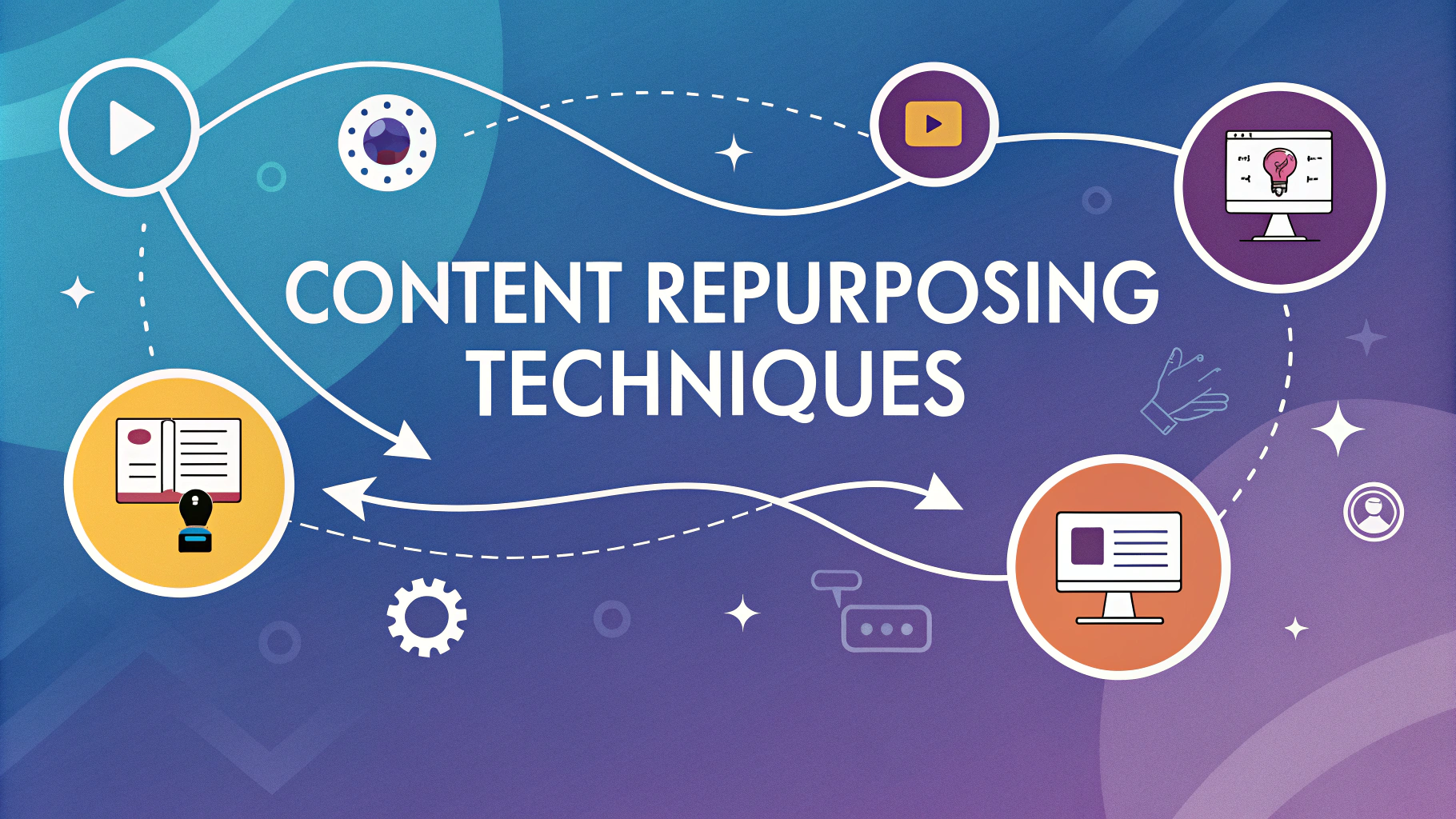Every year, thousands of websites launch without a strategic promotion plan, destined to become digital ghosts.
Your website isn’t just a digital business card—it’s your online powerhouse that requires targeted, intelligent marketing to attract and engage potential customers.
This guide breaks down essential strategies to transform your website from an invisible online entity to a traffic-generating machine.
Whether you’re a startup, small business, or established brand, these proven tactics will help you cut through the digital noise and connect with your target audience.
1. Understanding Website Promotion Basics
Website promotion isn’t about random tactics—it’s a systematic approach to increasing online visibility. Successful promotion requires a multi-channel strategy that combines technical optimization, content marketing, and strategic outreach.
Key components of effective website promotion include:
- Search Engine Optimization (SEO)
- Content Marketing
- Social Media Engagement
- Email Marketing
- Paid Advertising
Each strategy plays a unique role in driving traffic and building your online presence. Understanding how these channels work together is crucial for sustainable growth.
2. Developing a Solid Content Strategy
Content is the cornerstone of website promotion. High-quality, relevant content attracts visitors, establishes authority, and encourages sharing across digital platforms.
Your content strategy should focus on:
- Creating valuable, original content
- Understanding audience needs
- Consistent publishing schedule
- Diverse content formats
- SEO-friendly writing
Research your target audience’s pain points and create content that provides genuine solutions. This approach builds trust and positions your website as a go-to resource.
3. Search Engine Optimization Fundamentals
SEO transforms your website’s discoverability. By optimizing technical elements and content, you increase the likelihood of ranking higher in search results.
Critical SEO components include:
- Keyword research
- On-page optimization
- Technical website performance
- Quality backlink building
- User experience signals
Modern SEO goes beyond keyword stuffing—it’s about creating meaningful, user-focused content that search engines reward.
4. Leveraging Social Media Marketing
Social platforms are powerful website promotion channels. Each platform offers unique opportunities to reach and engage potential visitors.
Effective social media promotion requires:
- Platform-specific content strategies
- Consistent brand messaging
- Interactive and shareable content
- Strategic hashtag usage
- Community engagement
Choose platforms where your target audience is most active and create content that sparks conversation and encourages website visits.
5. Email Marketing and Audience Nurturing
Email marketing remains a powerful website promotion tool. Despite the rise of social media, email continues to deliver exceptional engagement and conversion rates for businesses of all sizes.
Building an effective email strategy requires careful planning and execution. Start by creating compelling opt-in opportunities that provide genuine value to potential subscribers. This might include exclusive content, downloadable resources, or special offers that incentivize email sign-ups.
Segmentation is crucial in modern email marketing. By categorizing subscribers based on their interests, behaviors, and interactions with your website, you can deliver highly personalized content that resonates with specific audience segments.
Automation tools have revolutionized email marketing, allowing businesses to create sophisticated nurturing sequences. These automated workflows can guide potential customers through different stages of engagement, from initial awareness to conversion.
Successful email campaigns focus on providing value, maintaining consistent communication, and creating a balance between promotional content and genuinely helpful information that supports your audience’s needs.
6. Paid Advertising Strategies
Paid advertising offers a targeted approach to website promotion. Unlike organic strategies, paid channels provide immediate visibility and precise audience targeting.
Different advertising platforms offer unique benefits. Google Ads allows targeting based on search intent, while social media platforms like Facebook and LinkedIn provide demographic and interest-based targeting options. Understanding each platform’s strengths is key to developing an effective paid strategy.
Budget allocation and ROI tracking are critical components of successful paid advertising. Start with smaller test budgets, analyze performance metrics, and gradually refine your approach based on data-driven insights.
Compelling ad creative is essential for cutting through digital noise. Develop clear, concise messaging that speaks directly to your target audience’s pain points and offers a compelling value proposition.
Retargeting strategies can significantly improve advertising efficiency by reconnecting with users who have previously interacted with your website, increasing the likelihood of conversion.
7. Analytics and Performance Tracking
Data-driven decision-making separates successful website promotion from random marketing efforts. Comprehensive analytics provide insights into audience behavior, content performance, and overall marketing effectiveness.
Google Analytics remains the gold standard for website performance tracking. Configure advanced tracking to monitor key performance indicators (KPIs) such as traffic sources, user engagement, conversion rates, and bounce rates.
Regular performance audits help identify strengths and weaknesses in your promotion strategy. Look for patterns in user behavior, most popular content, and conversion bottlenecks that can inform future marketing decisions.
Consider implementing heat mapping and user experience tracking tools to gain deeper insights into how visitors interact with your website. These tools can reveal navigation challenges and opportunities for optimization.
Create a consistent reporting framework that allows for ongoing performance evaluation and strategic adjustments. Monthly or quarterly reviews can help maintain marketing momentum and drive continuous improvement.
8. Building Long-Term Online Authority
Sustainable website promotion goes beyond short-term tactics. Establishing online authority requires consistent effort, genuine expertise, and a commitment to providing value to your audience.
Thought leadership content, such as in-depth guides, research reports, and industry insights, can position your website as a credible resource. Focus on creating comprehensive, well-researched content that demonstrates deep understanding of your field.
Network building through guest posting, podcast appearances, and collaborative content can expand your reach and credibility. Strategic partnerships with respected industry voices can accelerate your authority-building efforts.
Engage actively in online communities related to your niche. Thoughtful contributions in forums, comments sections, and professional networks can enhance your reputation and drive organic traffic to your website.
Remember that building authority is a long-term strategy. Consistency, authenticity, and continuous learning are key to maintaining and growing your online presence.
Conclusion: Your Promotion Journey
Effective website promotion is a dynamic, multifaceted approach that requires patience, strategy, and continuous adaptation. By implementing these comprehensive strategies, you’ll create a robust framework for driving traffic, engaging audiences, and achieving your digital marketing objectives.

